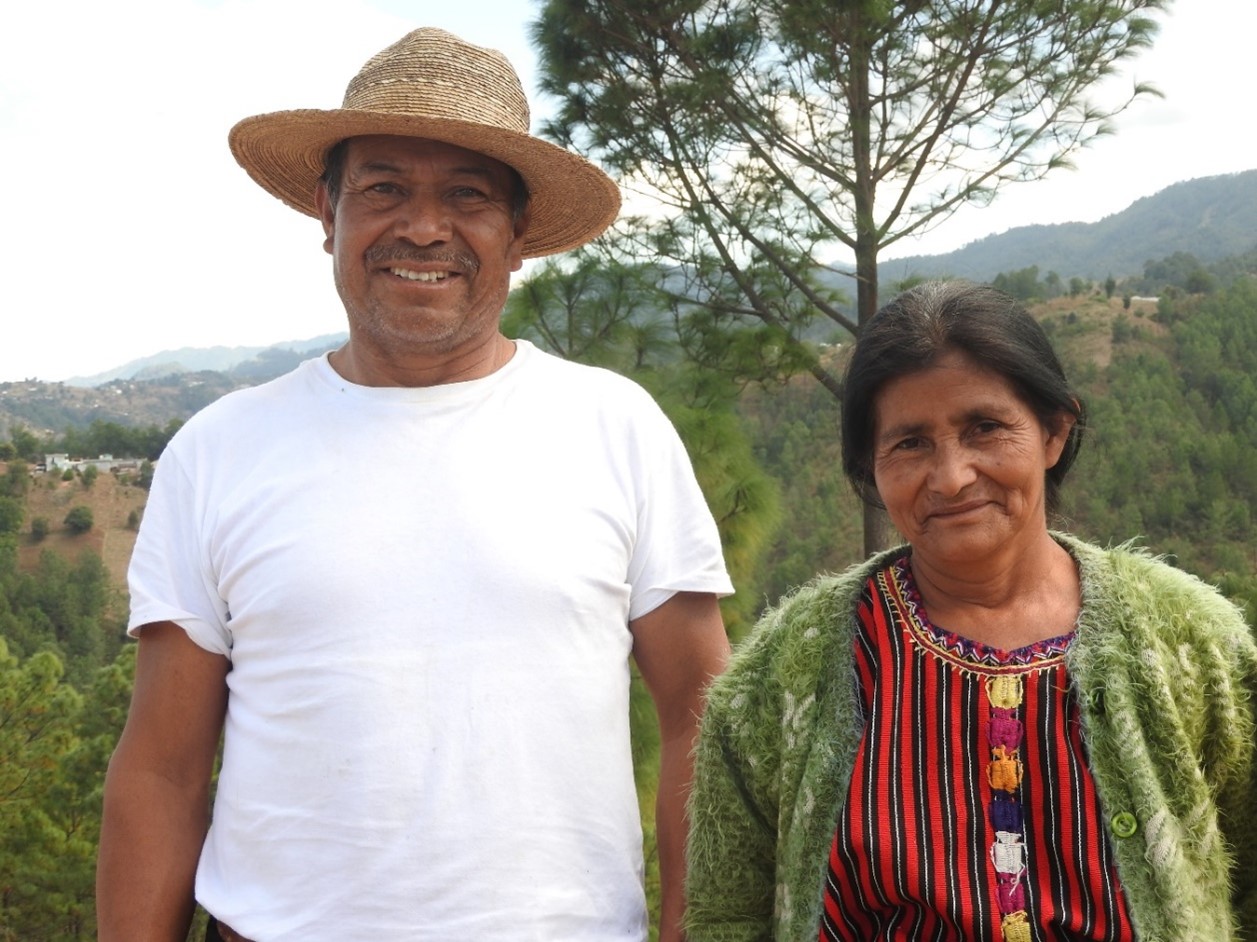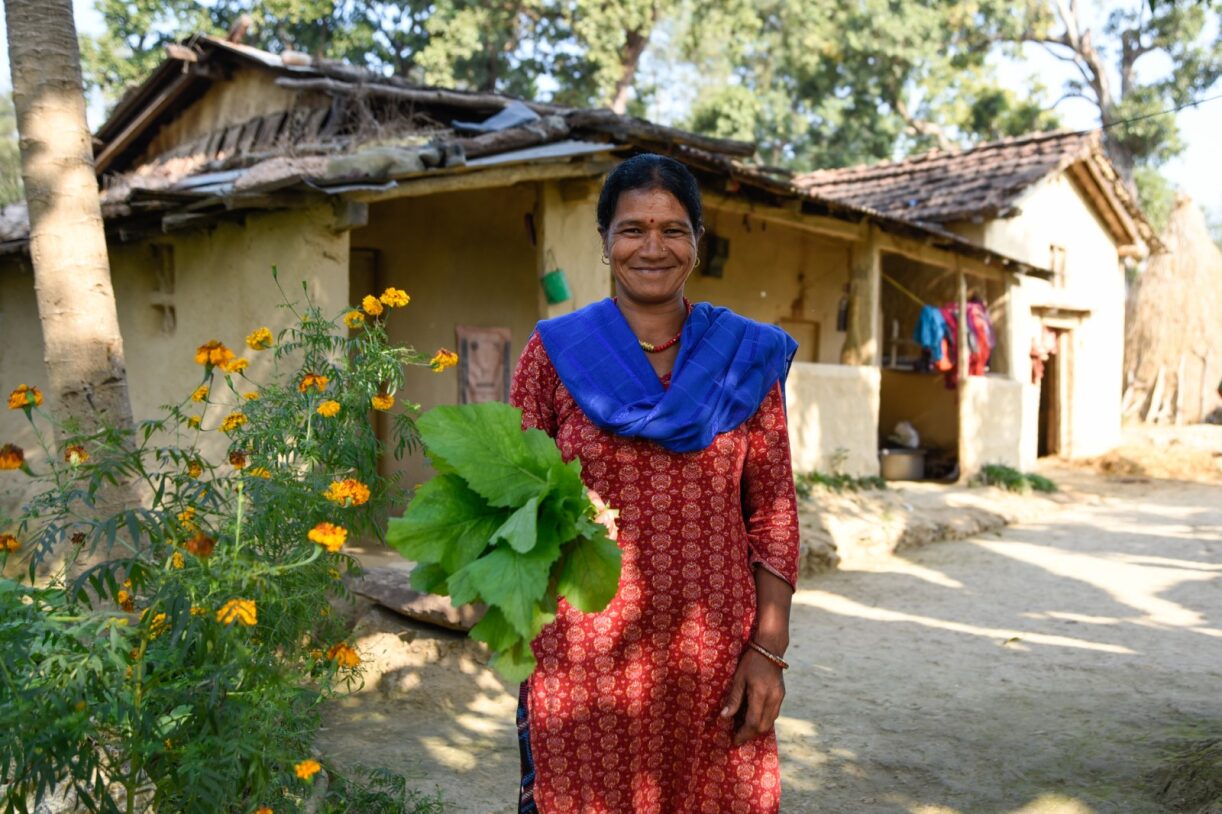New initiative to support indigenous contributions to biodiversity conservation and climate solutions
The International Union for Conservation of Nature (IUCN), IUCN’s Indigenous Peoples’ Organisation Members and the International Indigenous Forum on Biodiversity (IIFB) have agreed to jointly implement a new initiative to support the achievement of the Kunming-Montreal Global Biodiversity Framework, the Paris Agreement and address related issues.
The new Podong Indigenous Peoples’ Initiative aims to “recognise and support Indigenous peoples' contributions to the conservation of biodiversity and climate solutions through their Indigenous knowledge systems; while ensuring their full and effective leadership and access to adequate resources for the implementation and achievement of the Kunming Montreal Global Biodiversity Framework, the IUCN Global Indigenous Agenda, the Paris Agreement and other initiatives”.
A Memorandum of Understanding to co-design, co-develop and co-implement the Podong Initiative was signed in Gland, Switzerland on 4 August 2023, closing a week of meetings that involved the IUCN President, the IUCN Acting Director General, and representatives from IUCN Indigenous Peoples’ Organisation Members and the IIFB.
Podong, meaning basket in the indigenous Marma language of Bangladesh, symbolises harvesting abundance and the role and contributions that indigenous women play in conserving biodiversity and reducing the impacts of climate change in their communities.
“For nature conservation to be truly effective, it is vital that the important contributions made by Indigenous peoples are fully recognised and supported. This agreement reinforces our Union's commitment to continue working closely with Indigenous peoples towards achieving global biodiversity and climate goals,” said IUCN President Razan Al Mubarak.
The new initiative envisages four pillars of action: 1) Capacity building, 2) Scaling up work with Indigenous peoples at the territorial level, 3) Empowering Indigenous peoples-led design in the development of direct funding approaches, and 4) Recognising and maintaining Indigenous peoples' leadership in international spaces and platforms.
“Indigenous peoples’ deep-rooted knowledge and experience are vital to the success of global efforts to address biodiversity loss and climate change. In IUCN we are proud to work with Indigenous leaders, recognising their key role in conserving nature and in ensuring a better future for people and planet,” said Dr Grethel Aguilar, IUCN Acting Director General.
“This initiative is the result of the work that IUCN is doing for the rights and contributions of Indigenous peoples to nature conservation to be recognised and respected. This is also the seed that will bear fruits in strengthening and growing the GEF-funded Inclusive Conservation Initiative (ICI), and towards the establishment of an Indigenous science centre with IUCN,” said Ramiro Batzin, IUCN’s IPO representative and IUCN’s vice-president.
“I thank IUCN on behalf of the IIFB. We are excited that IUCN is supportive of this initiative as it makes it clear that we have the same objective of recognizing and promoting the rights of Indigenous Peoples and the role they play in the conservation of biodiversity, especially the role of indigenous youth, girls and women,” said Lucy Mulenkei, Co-chair of the IIFB.
“We are at a critical crossroads to reconcile the wrongs that conservation has done to Indigenous peoples in the past and contribute to redirecting the path of conservation to collectively heal Mother Earth,” said Anita Tzec, IUCN’s Senior Program Manager on Indigenous Peoples and Conservation. “IUCN is placed in a key position to do this, and it must be done in conjunction with Indigenous peoples, placing their traditional knowledge as the heartbeat of the Podong initiative, supporting their priorities and protecting their rights. This is a historic moment through which IUCN and Indigenous peoples have cemented their partnership for the benefit of nature and for all of humanity.”
In line with this year’s theme for the celebration of the International Day of the World’s Indigenous Peoples on August 9th, the Podong initiative will include a strategic focus on "Indigenous youth as agents of change for self-determination", recognising that the intergenerational transfer of traditional knowledge and building the new cohort of Indigenous leaders are key for continued Indigenous peoples-led biodiversity conservation and climate solutions.



